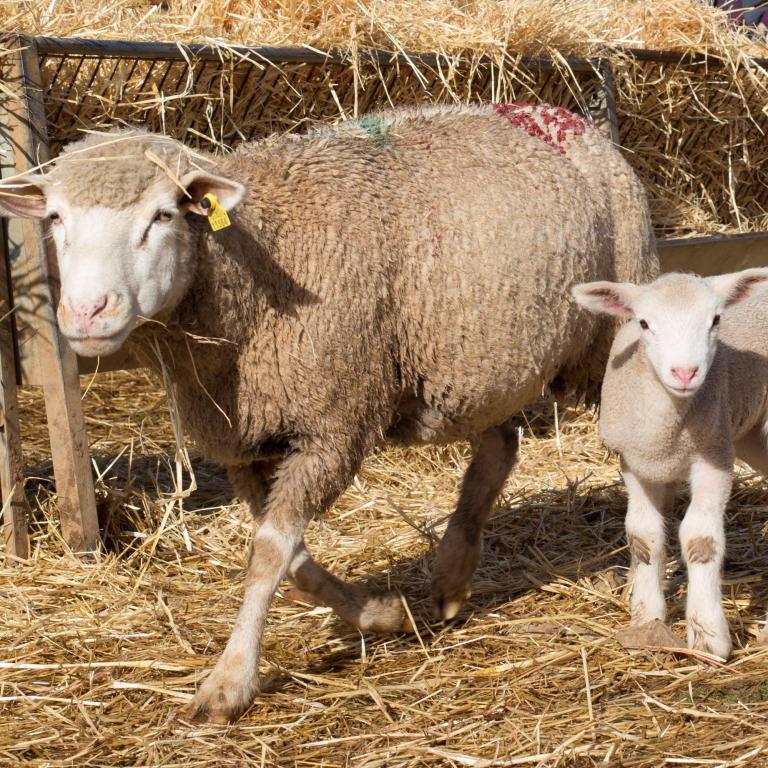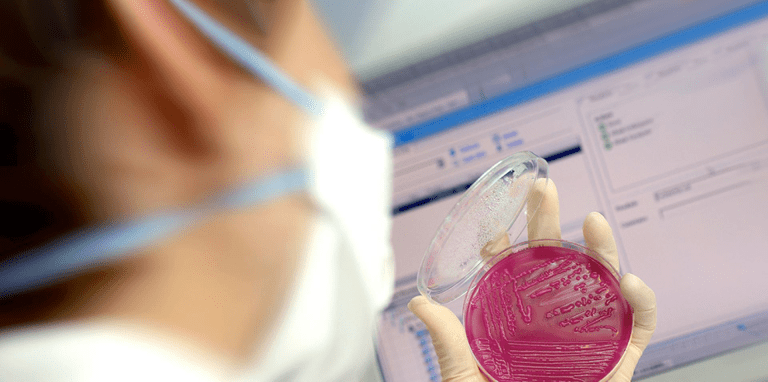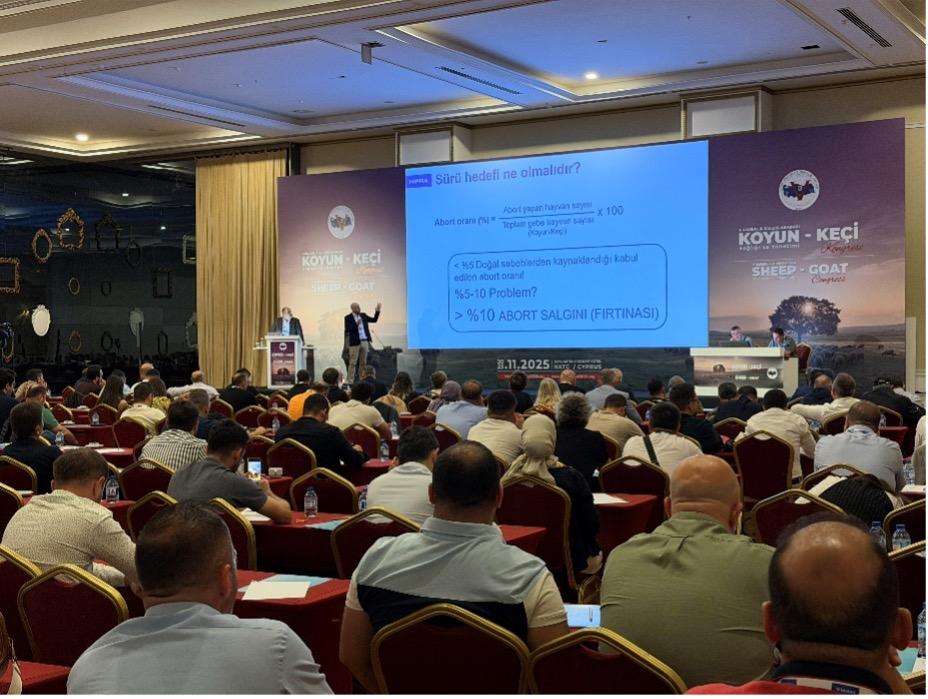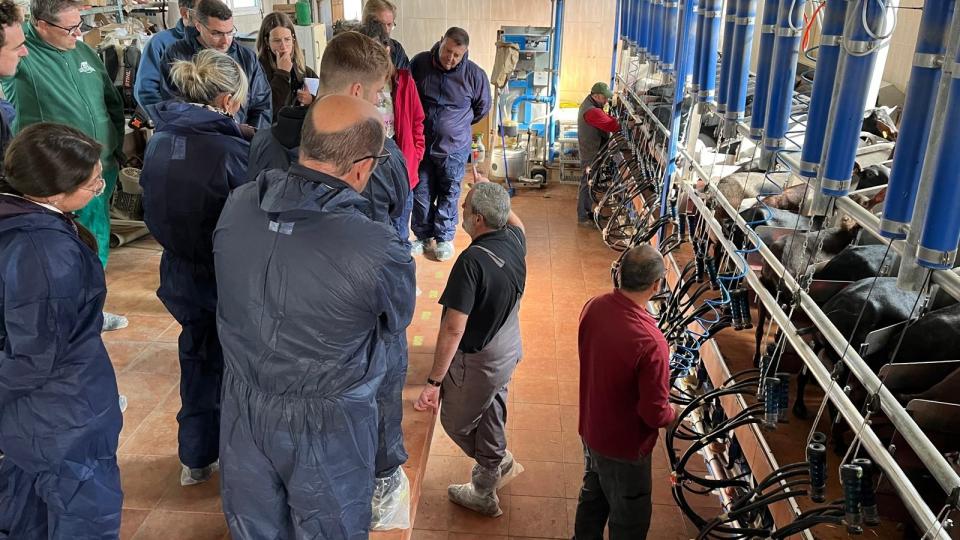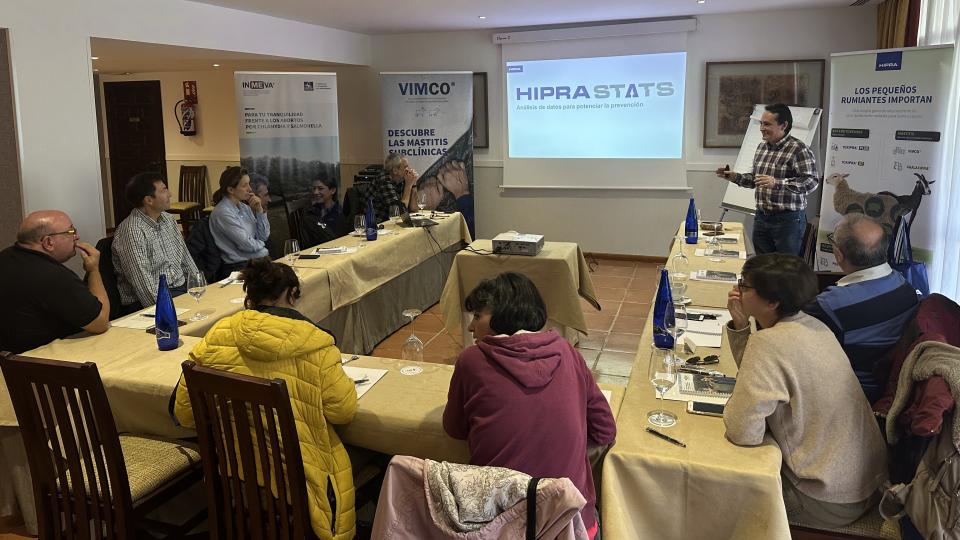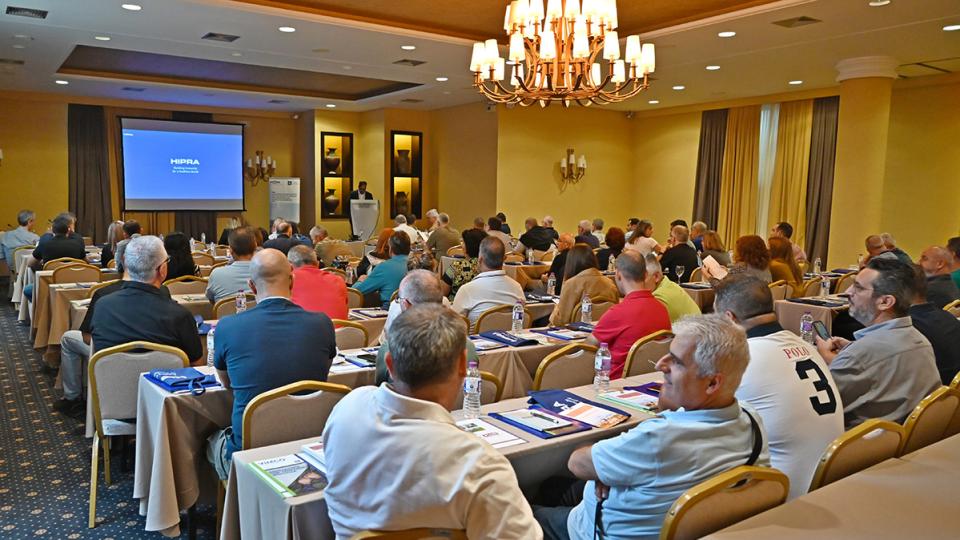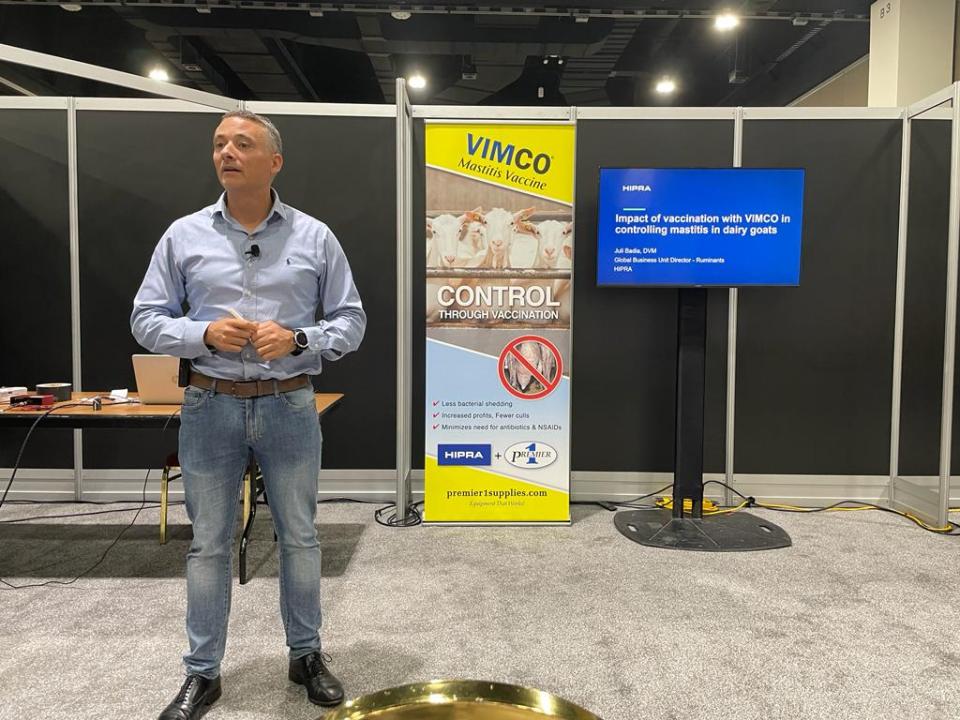Haemorrhagic enterotoxaemia caused by Cl. perfringens type C is a common disease in raising lambs and is a major cause of economic losses in the first few weeks of life. Newborn lambs are orally infected after birth and many of the affected animals die without prior symptoms. The β-toxin is the most important factor in its pathogenesis and it is considered necessary to immunize animals against the toxin. The transfer of antibodies (Ab) via colostrum seems to be protective and detectable. The aim of this study was to compare the response to vaccination, in terms of seroconversion, of two commercial vaccines for preventing enterotoxaemia, when administered in ewes. A vaccination and revaccination protocol was applied ante partum, the purpose of which was to achieve a maximum peak of antibodies on the date of lambing to enable transfer of immunity via colostrum..
The vaccination schedule of 6 and 3 weeks prepartum with the tested vaccines is optimal for achieving maximum titres of β-toxoid anibodies at the time of birth in sheep previously free of Ab. The study of the levels of Ab in their progeny should corroborate the hypothesis that these higher titres of antibodies would produce better immunization of lambs and greater protection against challenge. The study also shows that not all commercial vaccines were able to induce the same immune response.
